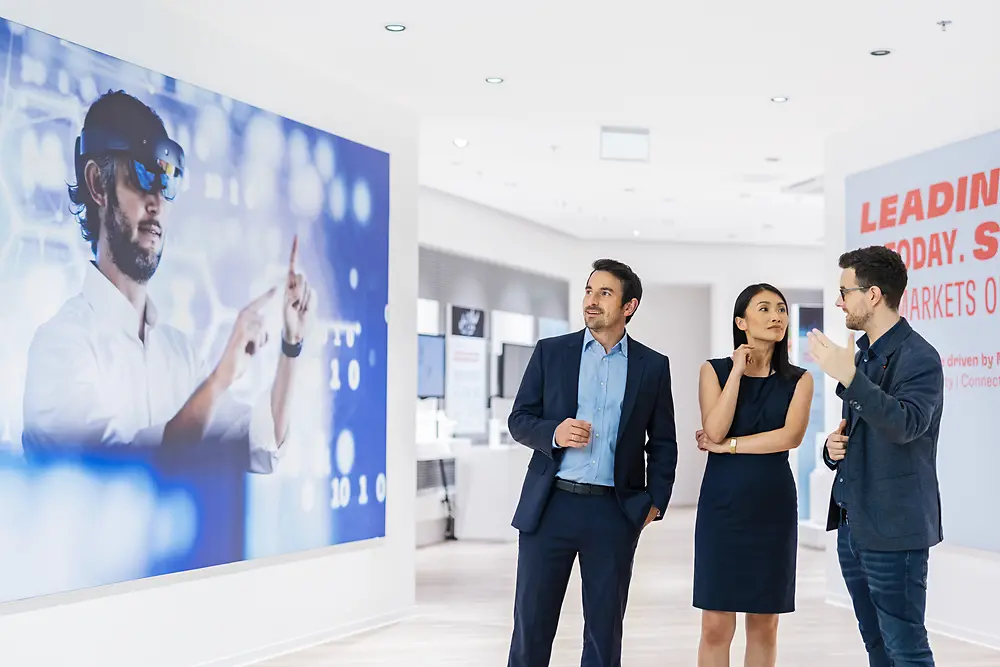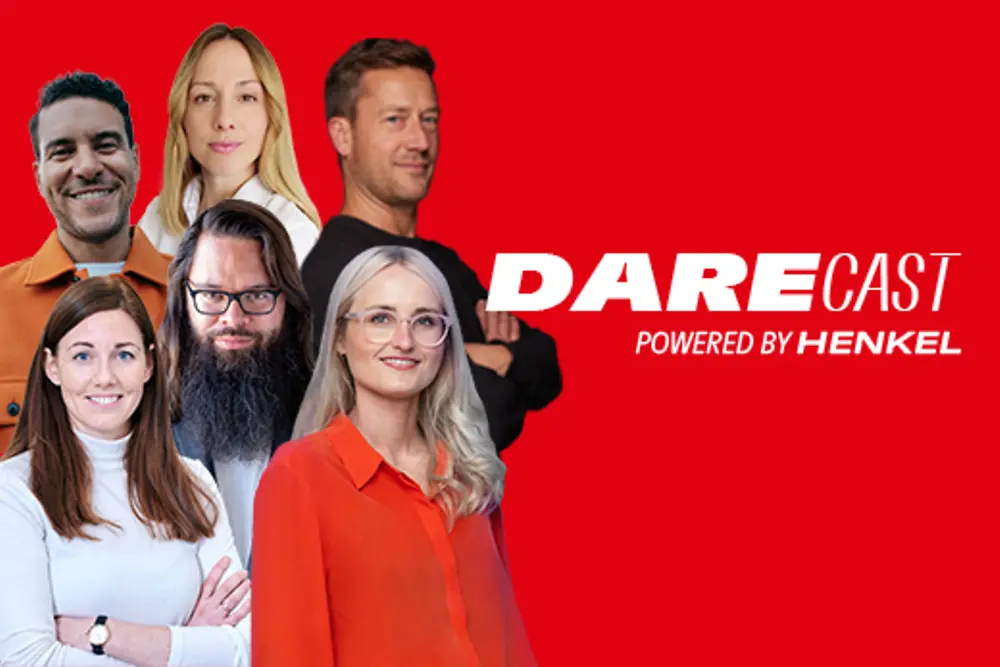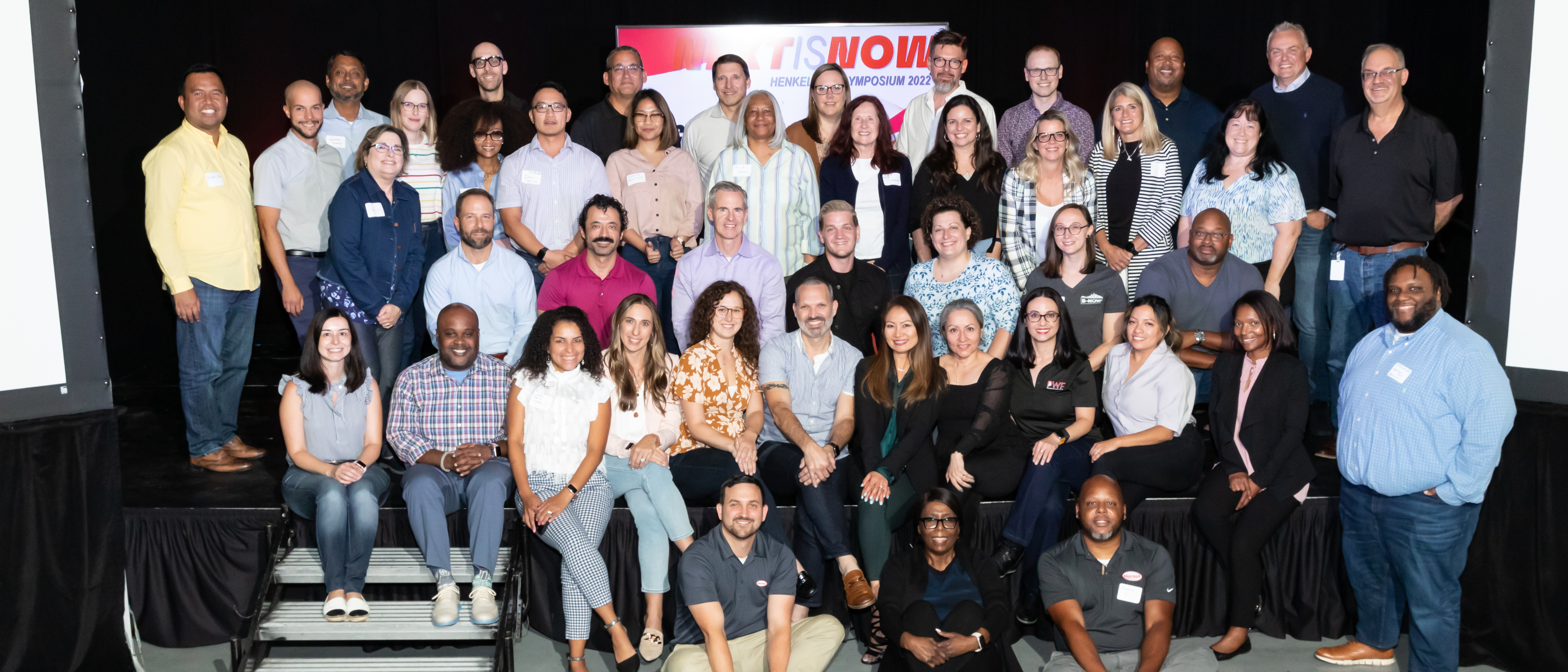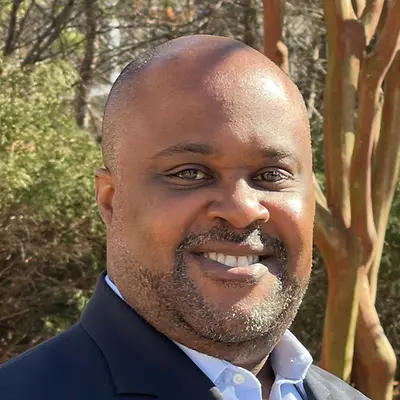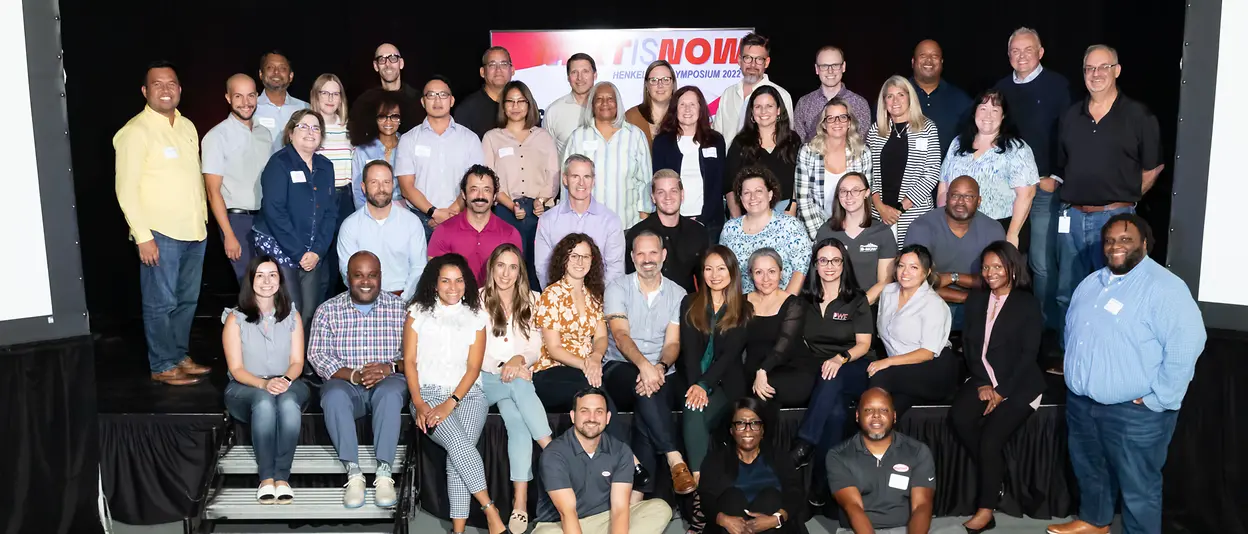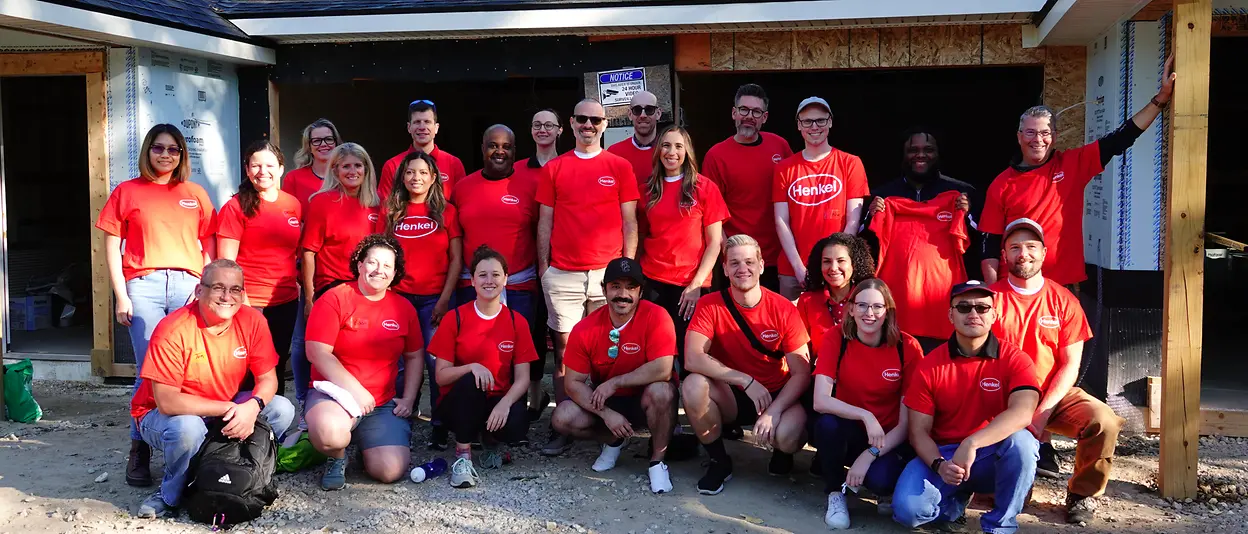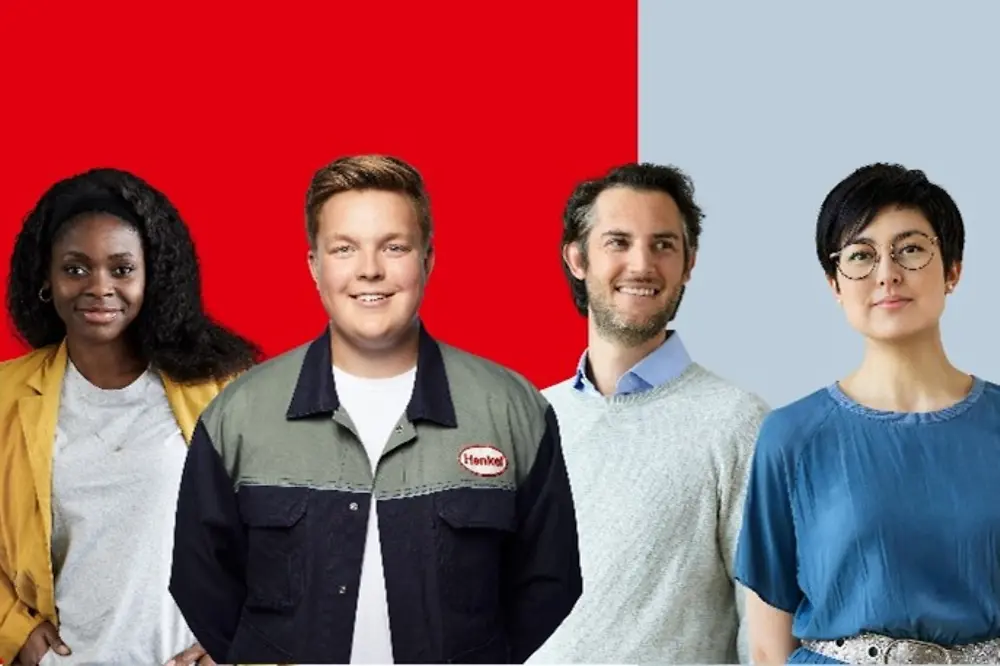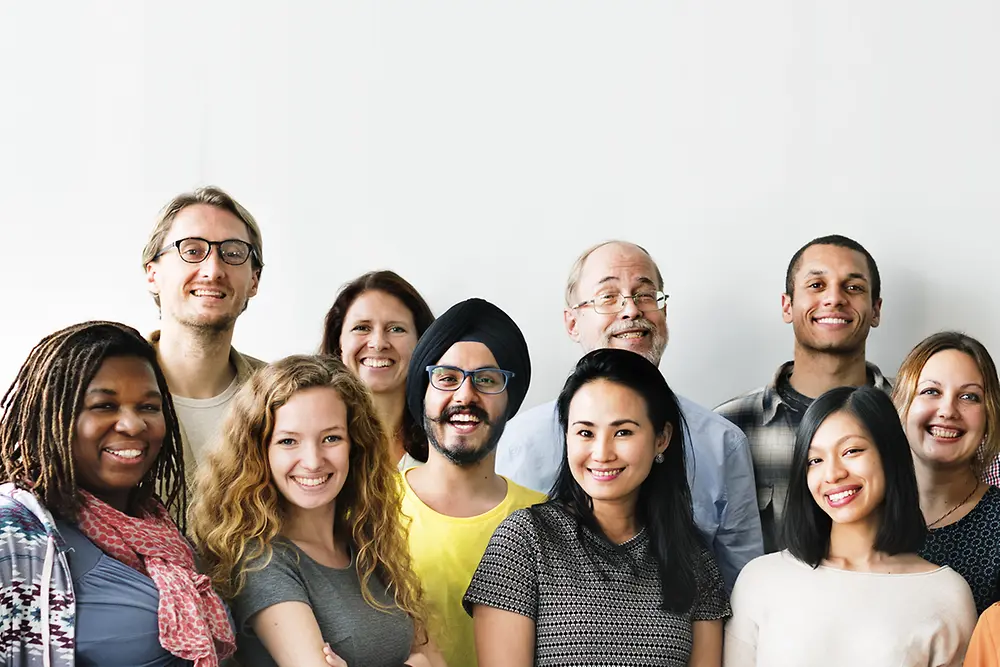Viewpoint: Clayton Sinclair III, Director, Diversity, Equity & Inclusion, Henkel North America
Clayton Sinclair III is the Director, Diversity, Equity & Inclusion at Henkel in North America. He brings his experience as a Certified Diversity Practitioner, designing and leading programs for corporate diversity councils and employee resource groups for companies across the United States looking to launch or propel their journeys to becoming a more inclusive and equitable environment.
Advancing Diversity, Equity & Inclusion (DEI) requires creating a culture that values and elevates different viewpoints and perspectives. Employee Resource Groups, or ERGs, are one of the most engaging and important ways for companies to do this. Corporate culture is ever-changing, and ERGs form a foundation of culture change at a grassroots level. I have personally been involved in ERGs throughout my career – both as a member and an ally – and understand the platform they provide for voices that aren’t always heard.
Although ERGs began as employee-run advocacy groups during the Civil Rights movement, their role has evolved today into a mutually beneficial relationship and business imperative for companies. More and more organizations are seeing the value of ERGs. Today, 90% of Fortune 500 companies have ERGs and three quarters of companies say that they also help with retention according to a study by salesforce.org and the Association of Corporate Citizenship Professionals. However, companies should keep those roots in mind as they action DEI commitments into real change. ERGs can offer tangible opportunities for education, community and allyship for groups that still struggle to see their voices represented.
At the end of the day, representation matters and impacts our ability to attract and retain top talent. It matters that employees see people who are similar to them and share some of the same experiences. ERGs help with both representation in higher levels of the business and the establishment of safe spaces for people to connect over shared experiences, creating that sense of belonging that organizations should be striving for.
At Henkel, over 1,000 employees participate in our 17 ERGs. We are proud to have ERGs representing multiple cultures and areas of interest. Affinity groups include women’s leadership, emerging leaders, veterans/military, LBGTQ+, Latino/Hispanic, Black/African American, and more. Our groups are passionate and active at Henkel and in the community providing invaluable experiences to explore different points of view and help each other to thrive.
Henkel executives ERG leaders met to recognize ERG accomplishments and strategize to expand their impact in Henkel’s journey to create a more inclusive and equitable workplace and community.
For example, the Unidos ERG hosted a webinar during Hispanic Heritage month on inclusive leadership with Dr. Stephanie Johnson, author of the book Inclusify. And I was grateful to join ERG representatives from across North America for a day of service with Habitat for Humanity in Detroit, MI as part of our company event to recognize the work of the ERGs and plan together for expansion.
Henkel ERG leaders and friends provided elbow grease and more to help build a duplex with Habitat for Humanity of Oakland County Michigan. The Henkel team also volunteered at ReStore – a non-profit home improvement center that directly supports Habit for Humanity's efforts to help families on the path to home ownership.
Beyond helping us shape our culture, ERGs help us improve our business. Our ERGs collaborated with the DEI Council to influence the creation of a Beauty Marketing Guide that promotes inclusive and accessible practices across our beauty brands. It’s another example of the value these groups can bring to a company and there are many more.
Moving forward, I hope ERGs can continue to evolve from their roots and foster an inclusive community and celebrate the intersectional opportunities for allyship. It’s important for employees, business and society.
